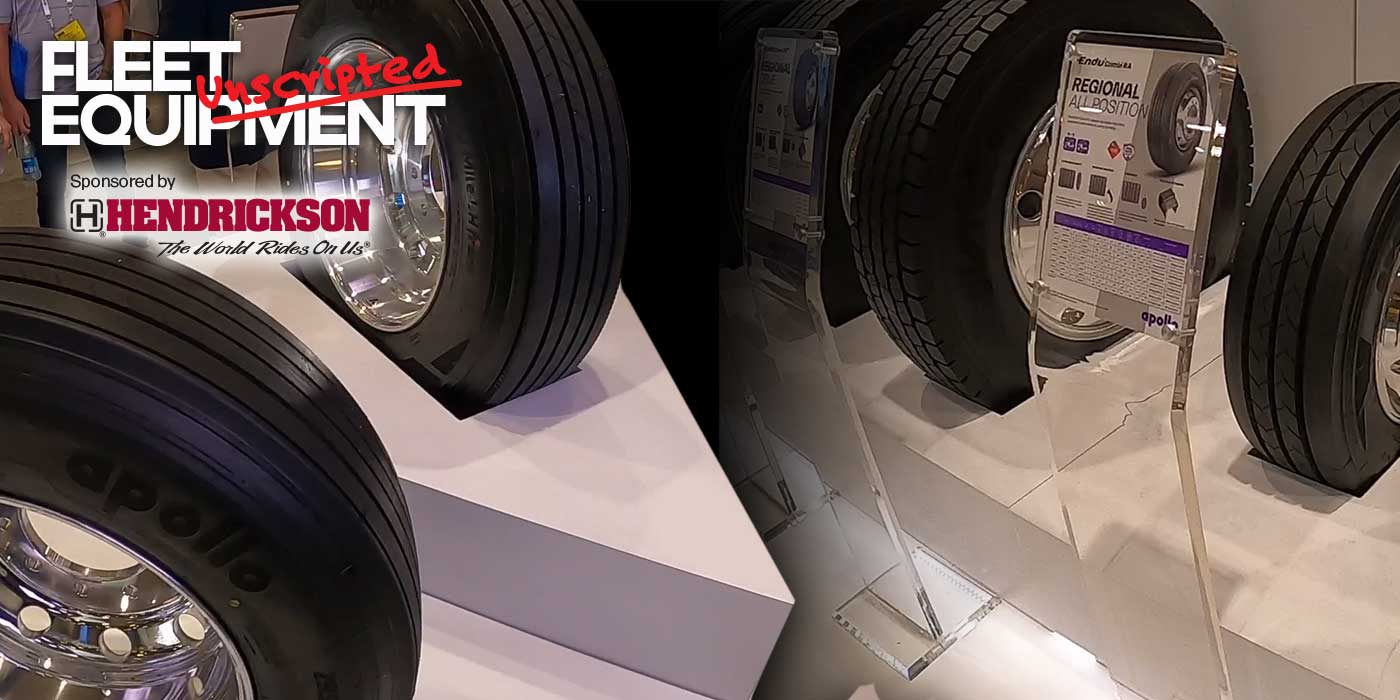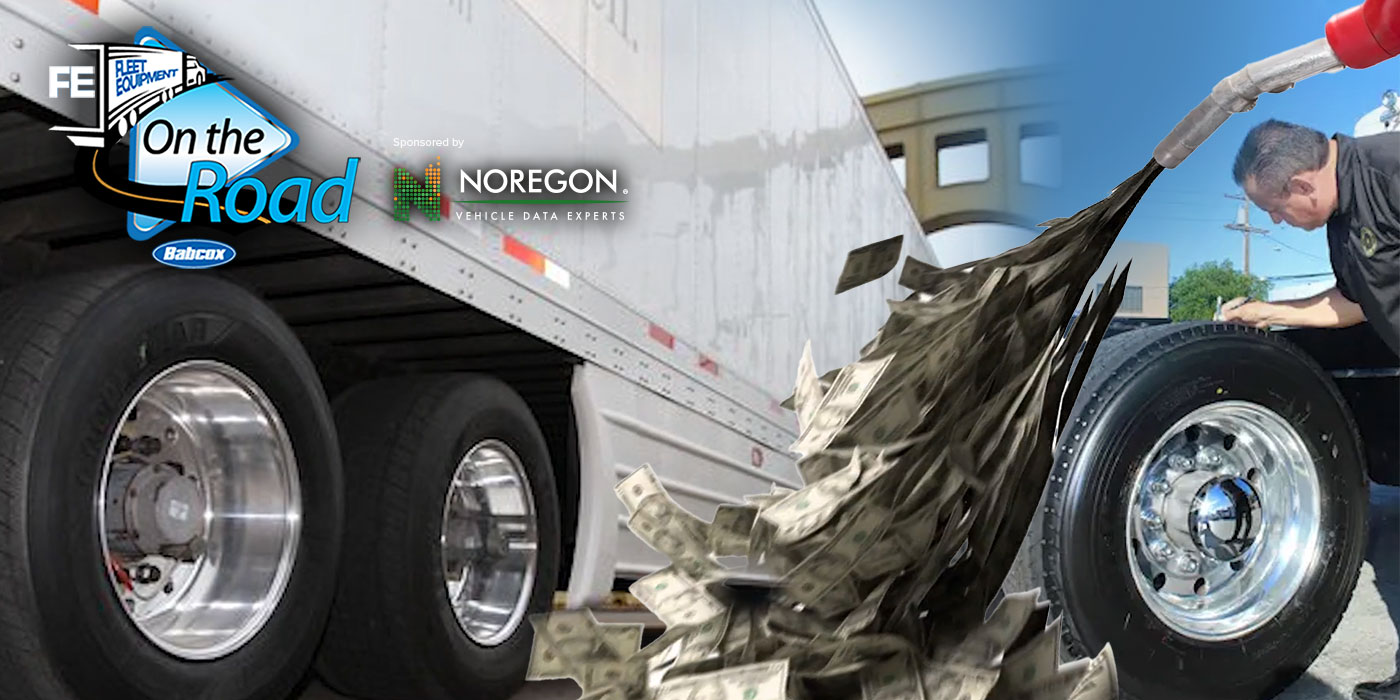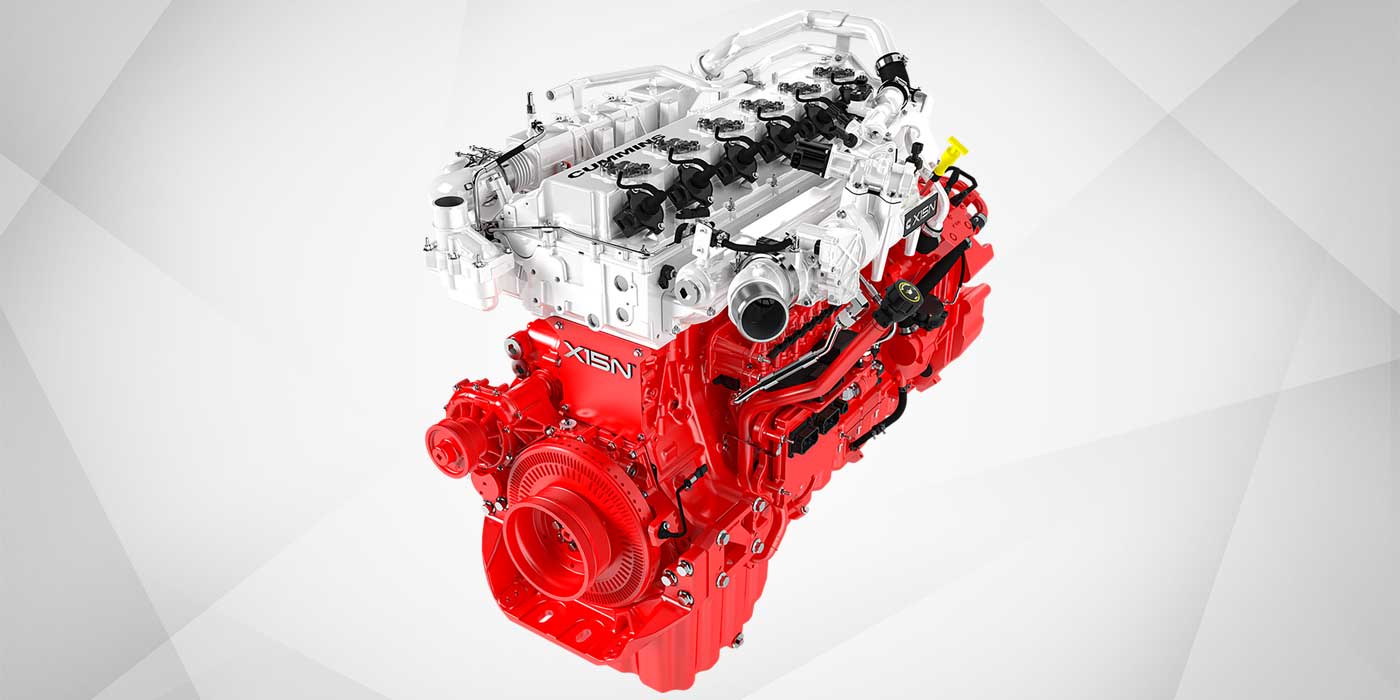No one’s ever really ready for winter to move in—the cold weather, snow and wind that hurts your face, not to mention the slush and bad roads. Now I know what you’re probably thinking. “Tess, slow down. We’re barely into October,” and you’d be right but shortly after all the touchdowns have been scored and all the halloween candy has been consumed—it’s just around the corner.
So the time to start thinking about the seasonal checks you need to make to prepare your trucks for the winter months is now. The extreme winter conditions only exacerbate underlying problems that may go unnoticed up until a light comes on and your truck is sidelined.
Regular and precise maintenance will save you a lot of time, money and hassle in the long-run so here are six seasonal preparation tips to keep in mind as the cold comes trucking in.
1. Prevent corrosion
The mix of chemicals and salt used to clear the snowy roads on top of the frigid temps can take a toll on your truck’s performance. Corrosion affects every fleet and can ruin your components if the connections are not secure and water tight. By utilizing high-quality parts meant to withstand the harsh demands of winter and prevent moisture, your truck’s uptime is more likely to increase. Using proper lubrication will additionally prevent breakdowns caused by increased friction and corrosion.
2. Don’t run on underinflated tires
It’s important to remember that the cold weather actively decreases tire pressure and your trucks falling flat on the road isn’t ideal especially in the winter conditions. It’s important to determine precise PSI for your tires based on specific requirements, application, and loads carried. Be sure to check tires prior to use while they are cold for correct pressure to ensure they’re ready to roll on the winter roads
3. Keep your battery energized
It just doesn’t make any sense – your trucks started up fine in the summer, even in the fall, so they should be fine now too, right? WRONG! The winter months are when you will start to see the effects of the summer heat on your battery as it makes the desperate attempt to turn over. The summer heat accelerates battery aging and weakens its performance. Batteries lose a substantial amount of their starting capabilities due to the winter temps on top of the fact that as the engine gets colder it actually takes more current to start it. In the winter months batteries need to work harder to crank the engine so it’s important that you ensure your batteries are free of damage from the heat.
4. Keep sensors clear
Because your ADAS technology solely relies on cameras and radars located on the outside of the truck, a regular practice in pre-trip inspections should be to ensure that snow or salt build-up isn’t preventing them from getting the full picture in order to properly work.
5. Don’t idle trucks
It’s a popular strategy, but starting a cold truck and letting it idle is not only ineffective, but also damaging to your engine. If you need to warm a truck that’s been sitting overnight, drive it around the yard or parking lot. This will exercise the truck more efficiently allowing it to warm the engine, transmission, differential and suspension evenly.
6. Hit the brakes
Remember that driver assistance technologies like stability control and collision mitigation rely on proper maintenance of complementary systems like your brakes. Closely inspect the wear patterns on brake shoes or pads and make note of any irregularities from inconsistent wear. You don’t want to realize your brakes are malfunctioning only when you go to use them.













